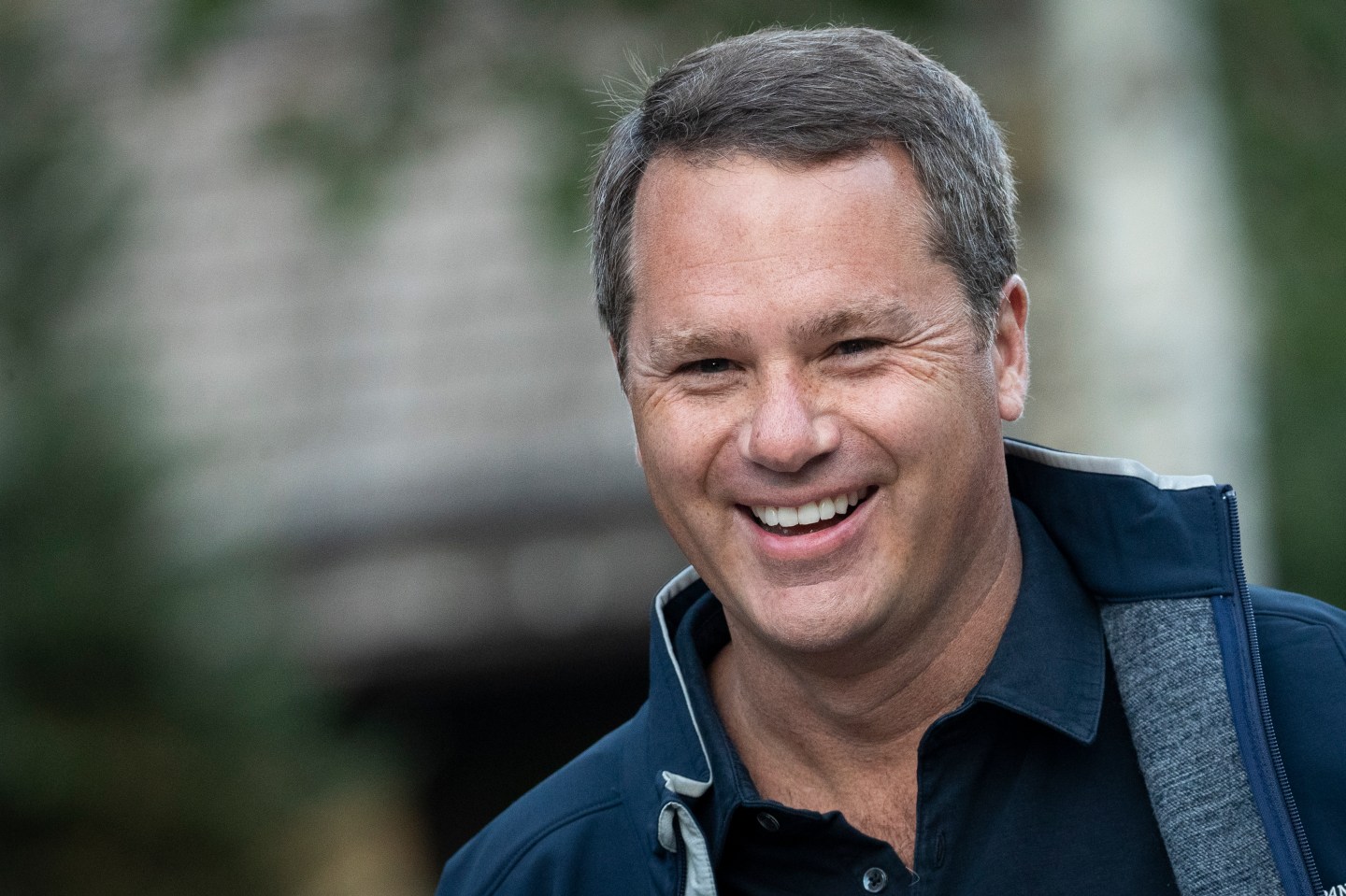MILAN (AP) — Global sales of personal luxury goods are ”slowing down but not collapsing,” according to a Bain & Co. Consultancy study released Thursday.
Personal luxury goods sales that eroded to 364 billion euros ($419 billion) in 2024 are projected to slide by another 2% to 5% this year, the study said, citing threats of U.S. Tariffs and geopolitical tensions triggering economic slowdowns.
“Still, to be positive in a difficult moment — with three wars, economies slowing down, inequality at a maximum ever — it’s not a market in collapse,’’ said Bain partner and co-author of the study Claudia D’Arpizio. “It is slowing down but not collapsing.”
Alongside external headwinds, luxury brands have alienated consumers with an ongoing creativity crisis and sharp price increases, Bain said. Buyers have also been turned off by recent investigations in Italy that revealed that sweatshop conditions in subcontractors making luxury handbags.
Sales are slipping sharply in powerhouse markets the United States and China, the study showed. In the U.S., market volatility due to tariffs has discouraged consumer confidence. China has recorded six quarters of contraction on low consumer confidence.
The Middle East, Latin America and Southeast Asia are recording growth. Europe is mostly flat, the study showed.
This has created a sharp divergence between brands that continue with strong creative and earnings growth, such as the Prada Group, which posted a 13% first-quarter jump in revenue to 1.34 billion euros, and brands like Gucci, where revenue was down 24% to 1.6 billion euros in the same period.
Gucci owner Kering last week hired Italian automotive executive Luca De Meo, the former CEO of Renault, to mount a turnaround. The decision comes as three of its brands — Gucci, Balenciaga and Bottega Veneta — are launching new creative directors.
Kering’s stock surged 12% on news of the appointment. D’Arpizio underlined his track record, returning French carmaker Renault to profitability and previous roles as marketing director at Volkswagen and Fiat.
“All of these factors resonate well together in a market like luxury when you are in a phase where growth is still the name of the game, but you also need to make the company more nimble in terms of costs, and turn around some of the brands,’’ she said.
Brands are also making changes to minimize the impact of possible U.S. Tariffs. These include shipping directly from production sites and not warehouses and reducing stock in stores.
With aesthetic changes afoot “stuffing the channels doesn’t make a lot of sense,’’ D’Arpizio said.
Still, many of the headwinds buffering the sector are out of companies’ control.
“Many of these (negative) aspects are not going to change soon. What can change is more clarity on the tariffs, but I don’t think we will stop the wars or the political instability in a few months,’’ she said, adding that luxury consumer confidence is tied more closely to stock market trends than geopolitics.
President of Italian luxury brand association Altagamma Matteo Lunelli underlined hat the sector recorded overall growth of 28% from 2019-2024, “placing us well above pre-pandemic levels.”
While luxury spending is sensitive to global turmoil, it is historically quick to rebound, powered by new markets and pent-up demand.
The 2008-2009 financial crisis plummeted sales of luxury apparel, handbags and footwear from 161 billion euros to 147 billion euros over two years. The market more than recovered the losses in 2010 as it rebounded by 14%, with an acceleration in the Chinese market. Similarly, after sales plunged by 21% during the pandemic, pent-up spending powered sales to new records.












